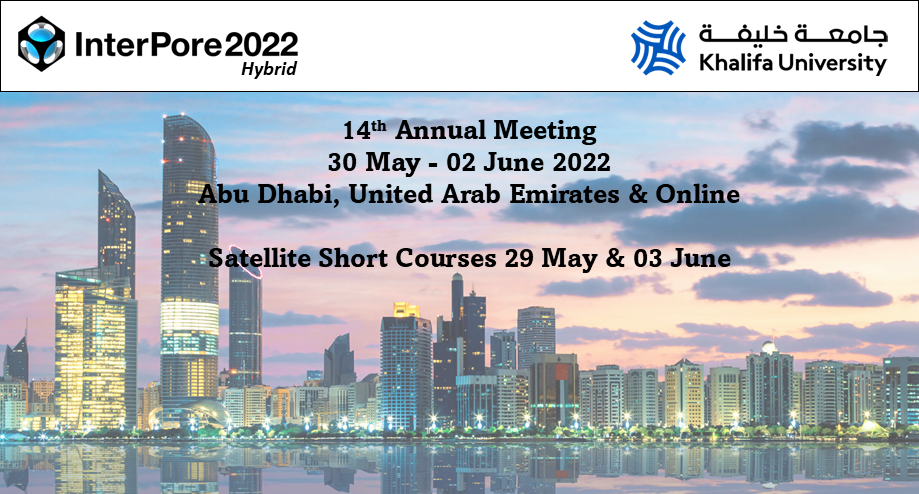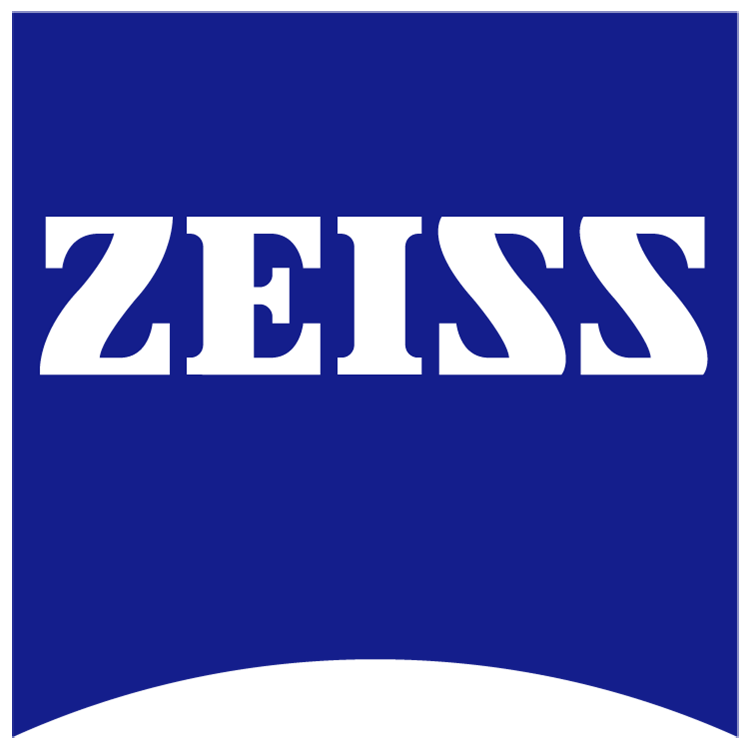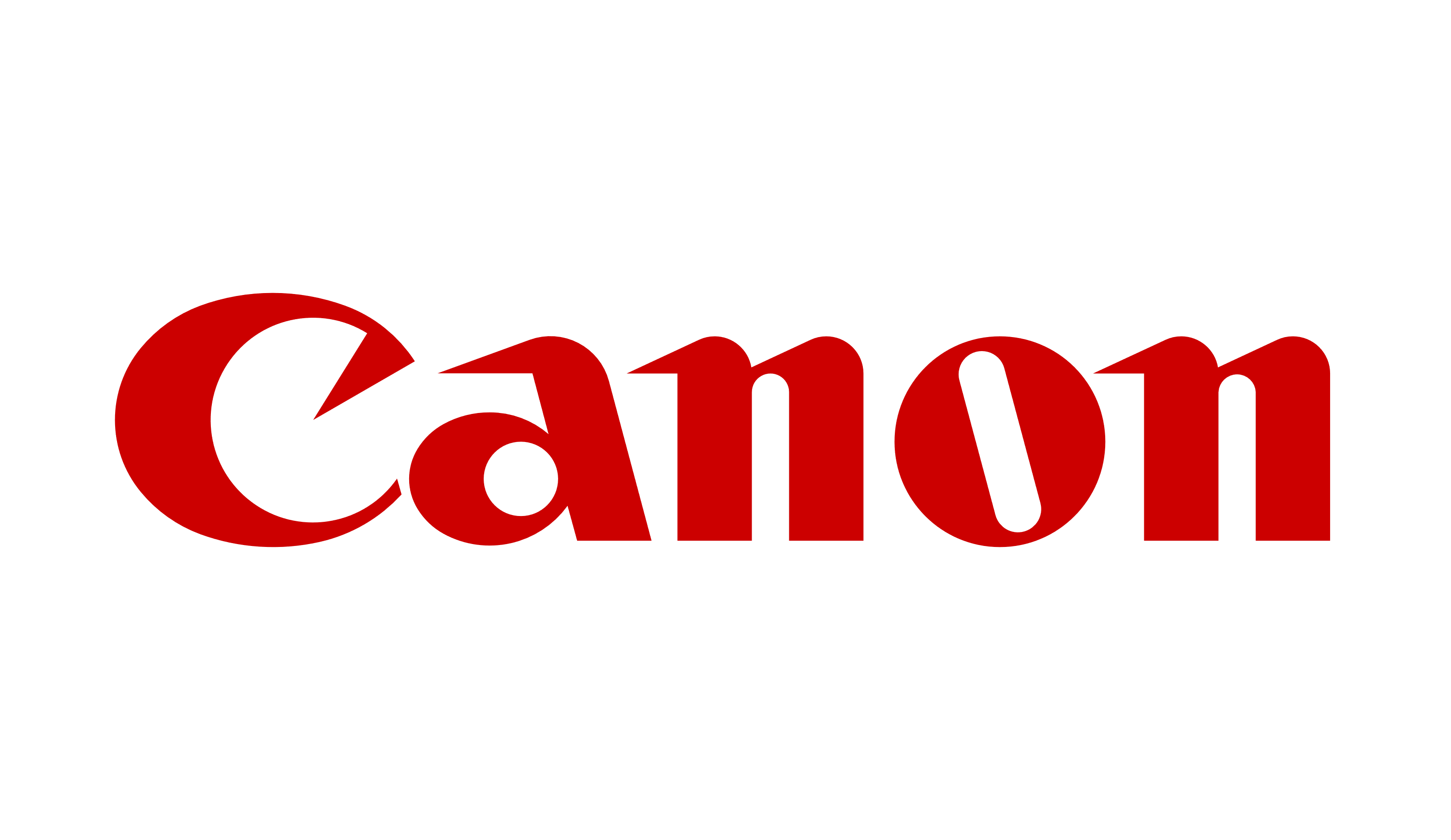Speaker
Description
Two experimental studies focused on understanding the reactive transport properties of CO2 in cement-based materials are discussed. In the first study, we investigate the kinetics of water sorption into air-entrained mortar specimens when purged with different gas phases CO2, CH4, and N2. The rate of water sorption in the presence of different gases was measured using an engineered flow system built inside an X-ray micro-computed tomography (CT) scanner located at the U.S. Department of Energy’s National Energy Technology Laboratory. The CO2-purged specimen absorbed water 200 times faster than N2- and CH4-purged specimens revealing that the role of gas solubility and reactive sorption is expedited in the presence of CO2 in portland cement-based materials. In a follow-up study, the influence of both the CO2 state (gas, liquid or supercritical) and different degrees of saturation (0, 50, or 100%) on the transport properties and carbonate formation in portland cement-based materials was studied using the same X-ray micro-CT setup. It was found that the fluid transport, as well as the extent and formation of carbonates in different pore sizes change with the degree of saturation. These findings have implications for predicting mass transport in cement-based materials, ensuring the long-term safety of carbon storage structures, and sequestering CO2 in the form of carbonates.
| Participation | Unsure |
|---|---|
| Country | United States |
| MDPI Energies Student Poster Award | No, do not submit my presenation for the student posters award. |
| Time Block Preference | Time Block B (14:00-17:00 CET) |
| Acceptance of the Terms & Conditions | Click here to agree |









